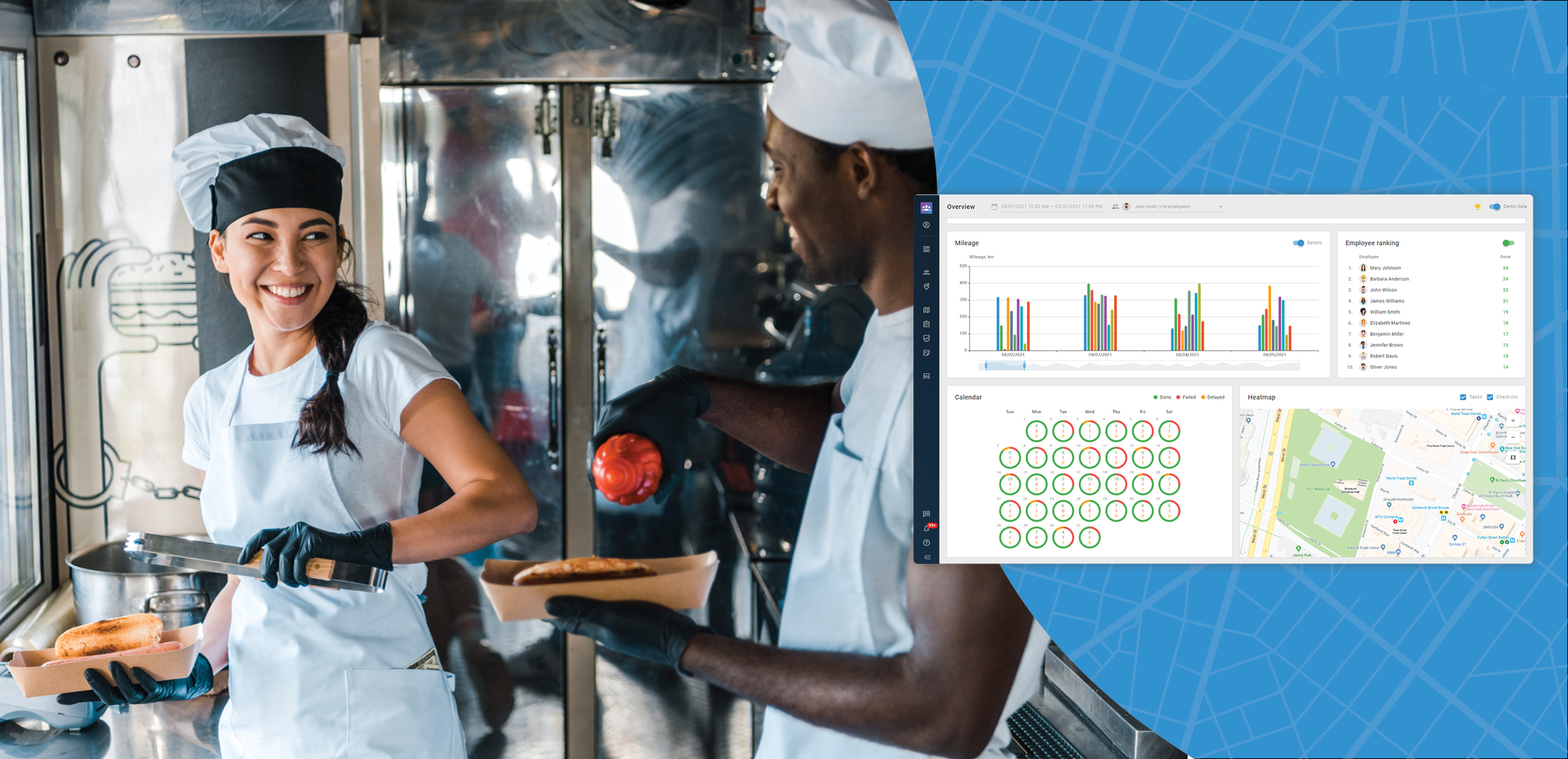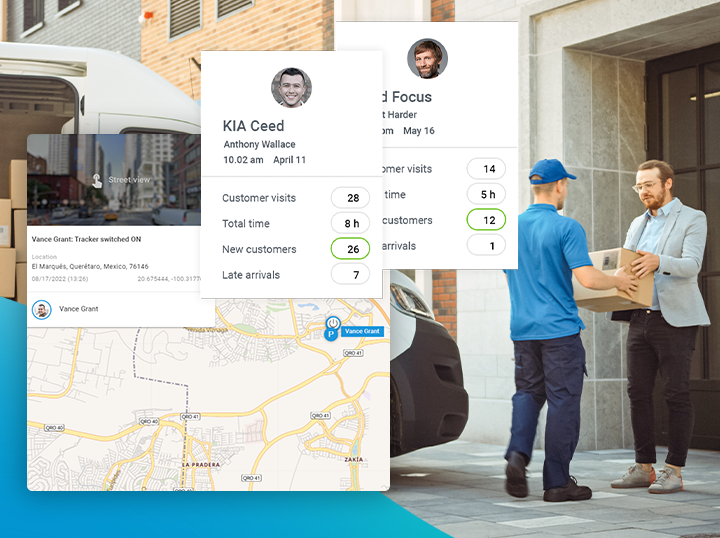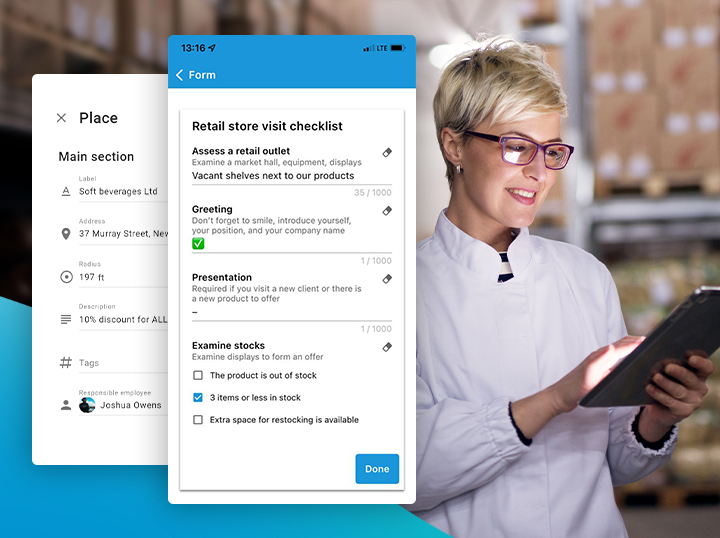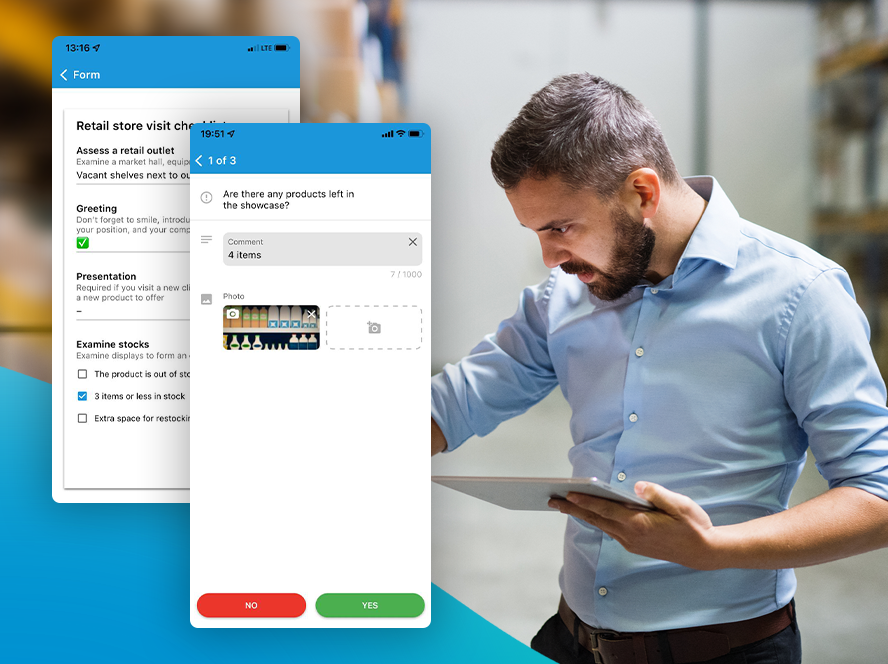Popular, convenient, mobile, cost effective, and potentially quite lucrative, it’s no wonder more and more food industry people are getting into the mobile food truck business. But before you buy a food truck, there’s a lot you need to know and prepare for so you can make sure you get it right.
It was somewhat timely to be a food truck business owner in 2020. With the COVID-19 pandemic sweeping the globe, some of our most beloved go-to brick-and-mortar spots were hit hard. On the other hand, aside from an increase in health and safety standards, food truck businesses operated almost on a normal basis.
Starting a food truck business has become a viable option for those who opt out of investing in an expensive brick-and-mortar location, while offering them a chance to realize their dream of becoming an important part of an incredibly rewarding industry.
But there’s a lot of hard work to be done before you can reap the rewards: long days and even later nights, managing and training people, operating costs, kitchen equipment, menus, ingredients, zoning laws, health codes, not to mention vehicle maintenance, and then there’s all the administrative work that goes along with it.
Owning a small business is no fairy tale and it’s very important to make sure you prepare yourself as best as possible before you jump in.
Read the information below to learn a few tips about how to start a food truck business while setting yourself up for success.
Do the homework and the gruntwork
It might sound like common sense, but it bears repeating: do your research. The service industry is ripe for nuance, and for those who have participated in it, we simply couldn’t possibly begin to explain them all.
One day, a usual Saturday-night rush hour will be dead. Then on Wednesday, a day that’s usually not that busy, the whole neighborhood will come in and you’ll have to call for reinforcements and you’ll run out of every item on your menu.
Every day is just different, and sometimes there’s no rhyme or reason.
The best advice I have is to start asking questions. Most people are more than willing to provide helpful insight about their profession. Go around to some of your favorite local food trucks and start investigating.
- How long have they been running their truck?
- How’s business doing?
- What are some of the trends they see from month-to-month or year-to-year?
- In what locations do they see the most demand and when?
- How do they promote?
- Do they have other food trucks or services they offer?
- What’s a typical day look like?
If you don’t have hands-on industry experience, I would highly recommend doing so before you jump in head first. From my perspective, which is over ten years of experience in both back-of-house (in the kitchen) and front-of-house (in the dining room/bar) positions, there is so much to learn and much of it requires practical, real-world experience you cannot read about or emulate anywhere else.
With all the incredible experiential knowledge you consume while grinding hard, you’ll also gain friends for life. Some of them might even be interested in your ideas.
Working in the industry will also help you determine if you have what it takes to take the next step into owning your own food truck.
Test your concept before you commit
If you already have a concept, which means you’ve chosen your specific vision and direction for the cuisine you plan to prepare, you’re going to want to get as much feedback as possible before you make the big investments of buying a food truck and equipment.
Try to have a network of people you can trust who will give you honest feedback and host a tasting session where they can taste everything and give you feedback.
No recipe is going to be right the first time around and it’s also a fun excuse to invite your friends over (and maybe their friends, too). The more industry friends (or friends of friends) the better.
The next step might be to try to cater a small event and get feedback from paying customers. If you’re getting unbiased positive feedback in a professional environment then you’re probably onto something.
The next step might be to rent a food truck to see how your concept translates on wheels. As long as your test operation was small (make sure you’re testing in as much of a food-truck like environment as possible… you know, not someone’s 500 square foot kitchen!) you might have a smooth transition.
Renting a food truck will also give you an opportunity to work out some of the more unpredictable nuances you’ll most likely encounter from moving your operation from land to wheels. This is a good thing, because when it comes to buying a food truck, you’ll have a better idea of what to look for and probably a great idea of what you want.
Money, please!
Even though you’re not doing the brick-and-mortar thing, a food truck is still going to be a significant investment. Add the cost of food, equipment, licensing, and it’s obviously getting more expensive.
According to OpenTable a food truck costs about $50,000 on the low end, but depending on a lot of factors (location, who you are, what you’re doing, etc.) it can be much more expensive, upwards of $200,000 or more.
So unless you’re sitting on the cash you’re going to need to secure funding somehow, whether you have business investors at the ready, you have family to help out, or you have a business loan lined up.
There are a lot of options for funding, but you’re going to have to do a lot of work to figure out what’s right for you.
Get your permits
This is another one of the variables that changes from place to place. Like operating costs, and the price of buying a food truck, permits and other regulatory costs vary from state to state and even county to county.
Here’s a list of licenses and permits that you’ll most likely need:
- Business license
- Employee ID number
- Vehicle license and registration
- Mobile food facility permit
- Food safety certification
- Food handler’s permit
- Fire certificates
- Health department permit
- Food truck insurance
This is where it comes in handy to know someone who is currently running a truck, especially if they’re in the same jurisdiction as you are. You’ll know second hand every rubber stamp you need to get your food truck up to code and ready to sell.
Get your truck
So you have a proven concept, you’re getting all the paperwork in line, and you’ve secured funding. Now it’s time to get your truck.
You’ve probably already done the background work and asked questions to your friends and your local food truck business owners, so you should have an idea of what you’re looking for: including the layout and equipment you need, at which point you should have a good understanding of the price range you’re negotiating between.
One thing to keep in mind is that a newer, more expensive food truck should have lesser up-front maintenance costs than a cheaper, used food truck.
Many experienced food truck owners might agree that it’s best to invest in a newer, more reliable, easier to maintain truck especially when you’re getting started.
Avoiding the potential downside that might occur when your truck breaks down (leaving you on the side of the road waving goodbye to the profits of a busy Saturday night, while inviting expensive repair costs) could be your make or break.
Build a team
Unless you plan to run the food truck by yourself or with your significant other, you’ll probably want to build a team.
Building a team not only helps you offload some of the grueling demands of the industry, but it will also help you strategize the expansion of your business so you can realize the full long-term potential of your concept.
If you do decide to grow your food truck business, it’s crucial that you hire people you can train and trust, people who believe in your concept as much as you do, and make sure to treat them like family.
The food industry is difficult, and one of the best ways to get ahead in the industry is to foster loyalty, productivity, and trust.
The best way to do that is to lead by example and you might see yourself managing the same employees for years to come, which means less time trying to find the right people for your business due to employee turnover and more time focusing on growth.
Location, location, location
Real estate is everything. Just as much as you don’t want to buy a house along a dark and dangerous street, you don’t want your food truck there either.
To get in the thick of it, you’ll want to find the best locations with the highest foot traffic. That’s the one advantage a food truck business has over a brick and mortar location: you can move with the crowds.
But always remember that great food truck businesses have loyal followers who will go almost anywhere you go. Just make sure you know the parking and zoning rules of the places you want to go because they can vary from location to location.
Promote your food truck business
Your food is good: great. Your truck is awesome: cool. But the key to running a good food truck business is promoting your food truck. To get people to recognize your brand, you have to let them know who you are first.
This means that you should start promoting your stuff on social media and trying to get as much relevant information about your potential customer base as possible before you sell a bite.
At the same time, you’ll be teasing them with delicious previews of what’s to come and learning about who they are so you can eventually take the next step of targeting a specific audience.
When it comes to launch day, think about running a promo so people bring their friends and families along. Everyone in the business community knows that the best marketing is word of mouth.
Growing revenue
Once you’re up and running and things are starting to go well, don’t even think of stopping there. You’ve only reached some of your potential, and you’ll soon come to know that your business won’t be successful all the time.
Increase your revenue streams by diversifying your business and adding more value to your brand.
There are so many ways to do it: how many times have you seen a food truck parked at a brewery or outside a bar, cater private or public events, join food truck events, participate in concerts, festivals, or included on some of your favorite food delivery apps?
Those are some great ways to promote your food truck business while selling to large audiences. At the same time, you can ride the wave of the promotional power of larger brands (like famous concerts, venues, and other big names).
Now, imagine having a fleet of trucks and participating at multiple venues at once, while focusing one truck on catering. Sounds nice, doesn’t it?
Technology that can help
Sometimes there just aren’t enough hours in the day to manage your business right. When you arrive at the point where your food truck business is too much for you to manage with the manual processes that you’ve established, it will be time to consider small business management tools that provide solutions for a mobile workforce.
Whether you have one food truck, or multiple streams of revenue with five employees, a mobile workforce management solution is a cost-effective way to manage your employees and your resources all from a computer or smartphone.
Know where your food trucks (and your employees) are located by viewing live maps to optimize transparency and efficiency when your food trucks are on the road.
B2Field is the leading mobile workforce management app that helps hundreds of small and medium-sized businesses succeed and grow by helping them save time and money on costly operations. B2 Field keeps teammates, suppliers, and other partners connected through integrated communications tools, and offers you insight into how business is performing so you manage your business more effectively.
How can B2Field help you streamline operations for your food truck business?
- You can schedule and dispatch employees dynamically, and even set recurring schedules.
- You can create checklists for cleaning and shift maintenance so your employees always know what to do.
- Plan the best routes to locations to save time and money on gas.
- Receive proof of work via photos, videos, and more.
- If something breaks and needs to be repaired, employees can input the work order into the system for you to manage in real-time.
- Always know when your employees are available for a shift, working, on a break, or off duty for the day.
- Know exactly where your food trucks (and employees) are in real-time with GPS tracking.
- Send real-time SMS messages and group chats so you can always keep your team up to date on the most recent and relevant information.






















